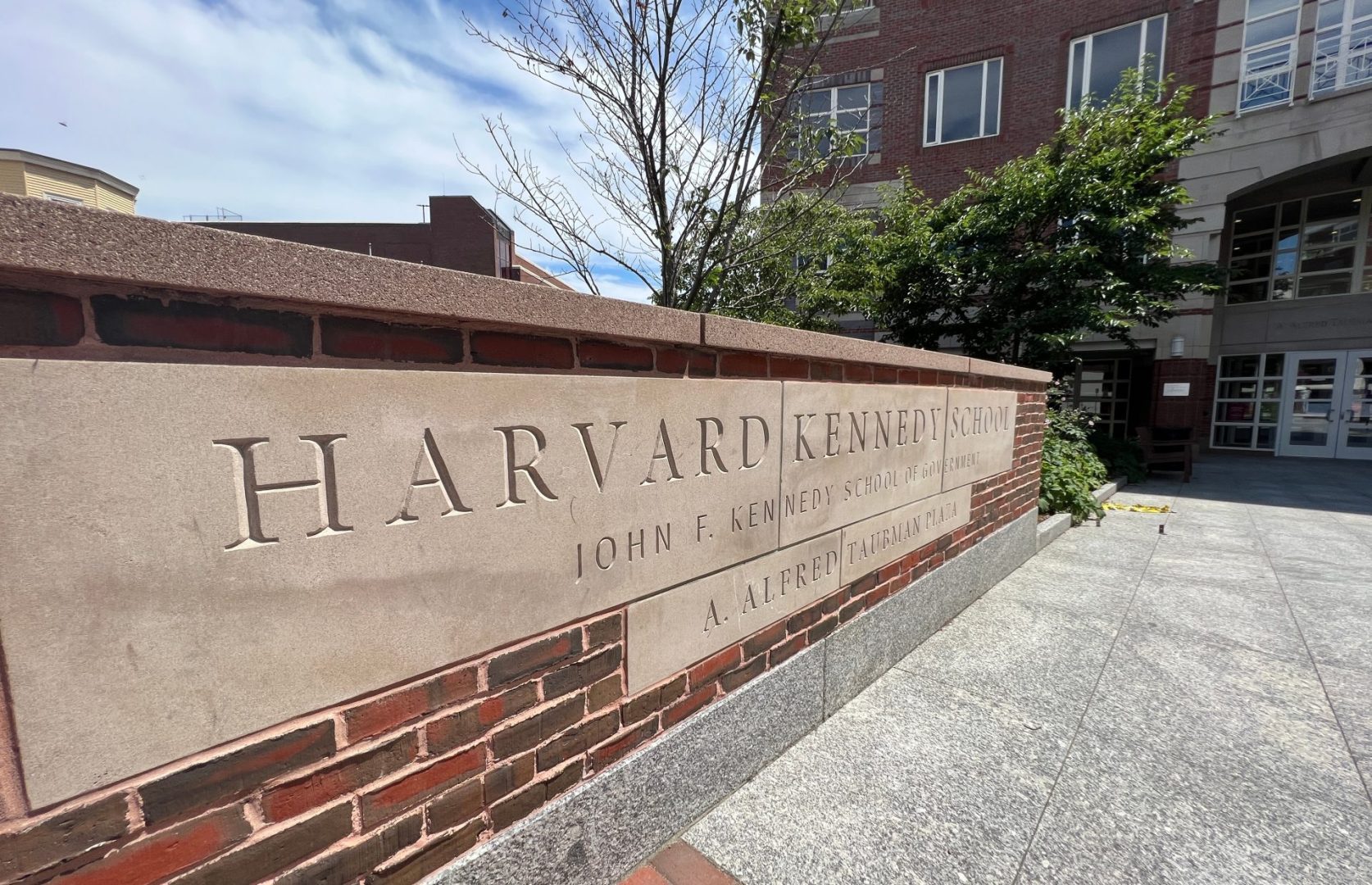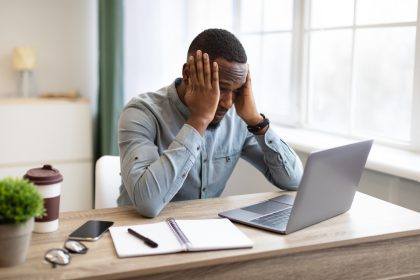The Supreme Court’s landmark decision in 2023 to ban affirmative action in college admissions has sent shockwaves through universities across the United States, particularly at prestigious institutions like Harvard Law School. Recent reports indicate that Harvard has recorded its lowest number of Black applicants in decades, raising concerns about the future of diversity in legal education.
Declining numbers of Black students
According to data from the American Bar Association, Harvard Law School enrolled only 3.4 percent or 19 first-year Black students in 2023. This figure marks the lowest enrollment of Black students since the 1960s, a stark contrast to the elite alumni who have emerged from the school, including former President Barack Obama, former First Lady Michelle Obama and Supreme Court Justice Ketanji Brown Jackson.
Harvard Law professor David B. Wilkins has pointed out that the university’s involvement in the lawsuit that led to the Supreme Court’s decision has had a chilling effect on Black student enrollment. He told Newsweek, “This is the lowest number of Black entering first-year students since 1965,” highlighting a troubling trend in the legal field.
Historical context
The significance of these numbers cannot be overstated. In 1965, Harvard welcomed just 15 Black students into its incoming class. Since 1970, the average number of first-year Black law students has fluctuated between 50 and 70. The recent decline is not just a statistical anomaly; it reflects broader societal issues regarding access to education for marginalized communities.
Broader implications of the ruling
The Supreme Court’s ruling was a response to admission challenges at both the University of North Carolina at Chapel Hill and Harvard, igniting nationwide protests and prompting universities to rethink their strategies for promoting campus diversity. In the wake of the decision, some law schools have altered their application essays to better understand applicants’ backgrounds without compromising their admissions processes.
Harvard Law School’s drop in Black enrollment is part of a larger trend affecting other demographics as well. The percentage of Black first-year undergraduate students at Harvard fell from 18 percent to 14 percent in 2023. Moreover, other Ivy League institutions are experiencing similar declines, with Columbia Law School reporting a decrease in Black enrollment from 48 to 42 students.
Responses from Harvard Law School
In response to these concerning statistics, Harvard Law spokesperson Jeff Neal emphasized the importance of diversity in legal education. He stated to Newsweek, “A student body composed of persons with a wide variety of backgrounds and experiences is a vital component of legal education.” However, the current enrollment figures raise questions about the university’s commitment to these values.
Mixed reactions to enrollment declines
The reaction to the decline in Black enrollment is mixed. Critics of affirmative action, such as UCLA law professor Richard Sander, argue that the drop in numbers could be beneficial. He suggests that students may prefer attending schools where they do not receive preferential treatment, believing they will be more competitive in such environments. However, Wilkins counters this perspective, asserting that the decline reflects the negative consequences of the Students for Fair Admissions lawsuit and the additional barriers faced by prospective Black lawyers.
The implications of the Supreme Court’s decision to ban affirmative action are profound and far-reaching. As Harvard Law School grapples with its lowest Black enrollment figures in decades, the future of diversity in legal education hangs in the balance. The ongoing dialogue surrounding these issues is crucial for understanding how to foster an inclusive environment for all students.
















